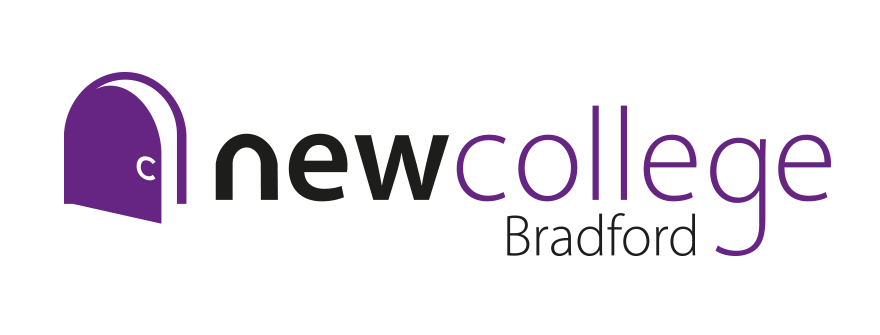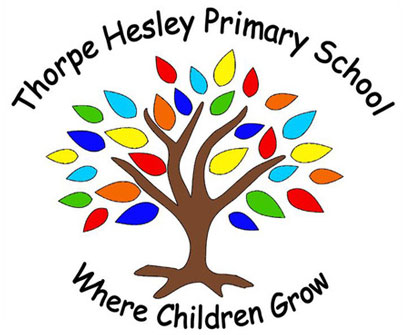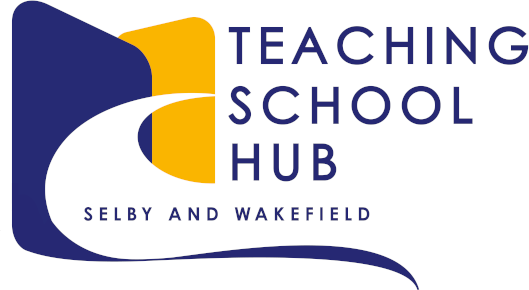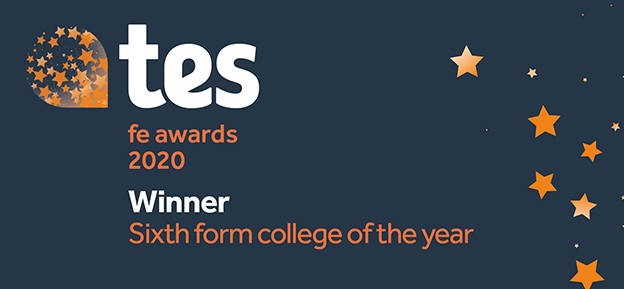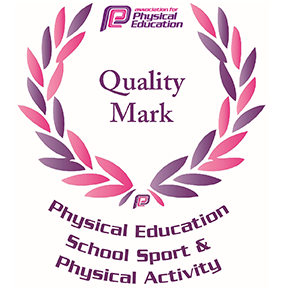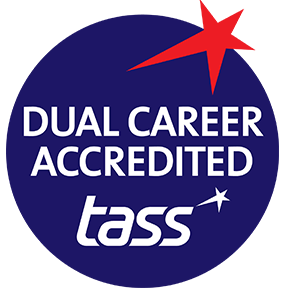Our vision for teaching for learning is to:
- Equip every student with the knowledge, metacognitive skills and behaviours necessary for outstanding performance in national qualifications and successful progression to university, apprenticeships and meaningful employment.
- Build a deep understanding and common language around how we learn, so that we can explicitly teach students the metacognitive skills they need to regulate, monitor and guide their own learning.
- Bring together the best available evidence around memory and learning into a coherent set of actionable principles that all teachers leverage to ensure exceptional student progress.
- Foster a culture of continuous improvement in which it is every teacher’s professional obligation to improve their practice.
- Provide personalised, evidence informed CPD to focus the development of teachers on aspects of their practice that will have the greatest impact on their students.
Just because we teach our students something, doesn’t mean they have learned it. Believing in this input/output myth leads to mistaking performance for learning. The fact that students are able do something at the end of one lesson (i.e. perform) is due to a short-term chemical change in the brain and does not mean they will be able to do it next lesson. As a consequence, we believe that learning is the long-term retention of skills and knowledge that can be applied to a new context, and happens when the structure of the brain physically changes, rather than just chemically. At New College we talk about teaching for learning: teaching that supports learning by altering the physical structure of the brain by changing and increasing the connections between neurons. This necessitates the interplay between the creation of high challenge, low threat learning environments, deep teacher subject knowledge, the use of research-informed pedagogy, and frequent assessment and feedback (see our Teaching for Learning Framework).
Teaching for learning the “New College Way” can be summarised under the following six strands.
Learning Environment
“Teachers and managers promote an ethos of mutual respect and tolerance very successfully. They ensure that all students are fully included in learning activities.”
Ofsted 2013/14
The key feature of the teaching at New College is the creation of an inclusive, caring and welcoming learning environment to allow all individuals to flourish. Students will not learn if they are not in an appropriate physical and emotional state to learn. However, learning at its very best is about taking risks and going beyond a student’s comfort zone. So great learning environments are those where personal challenge can extend the comfort zone without being undermined by overwhelming levels of anxiety.
Teacher Subject Knowledge
“Teachers’ excellent subject knowledge and experience motivate and inspire all students. They set interesting and challenging tasks to provide stimulating lessons in which students develop a thorough understanding of complex ideas and theories.”
Ofsted 2013/14
All our teaching staff are subject experts who only teach on A-level and Applied General courses. Many are also examiners or moderators for their respective examination boards. We believe that teachers with strong knowledge and understanding of their subject make a greater impact on students’ learning for a number of reasons. A high level of subject knowledge is absolutely crucial if difficult concepts are to be explained clearly, precisely and simply. It is also important for teachers to understand how students think about content and be able to identify common misconceptions on a topic. Furthermore, a deep understanding of subject content allows teachers to represent abstract ideas in multiple ways to make even the most demanding concepts concrete and memorable.
Learning in Lessons
“Teachers in all subject areas use a wide range of interesting learning activities supported by high-quality resources that engage, motivate and challenge students. They ensure that all students are very active in their learning through participating in lively discussions, delivering presentations to the class and providing support to their peers. Teachers use learning technology extensively and creatively to enhance learning.”
Ofsted 2013/14
Meaningful learning happens when students have to think hard; so at New College students are expected to do just that every lesson. Knowledge is entrenched in memory by extended practice, overlearning and frequent low stakes tests and quizzes. To further enhance memory, teachers systematically review previous learning and deliberately create intervals between study to allow forgetting. Understanding is developed by requiring students to explain their thinking in their own words, to make connections between concepts, to represent ideas in new ways, and to apply their knowledge to different contexts.
Learning out of Lessons
“Teachers successfully develop students’ independent learning skills, their ability to study intensively and their enjoyment of learning.”
Ofsted 2013/14
At New College, teaching staff will set weekly directed independent learning tasks. These out-of-lesson independent learning tasks help students to develop lifelong learning and independent study skills, and to achieve their fullest academic potential. As such, directed independent learning tasks are a key tool in effective teaching and learning, and will include the following:
- Current: completing assignments (e.g. essays, projects or investigations)
- Preview: preparation for a lesson (e.g. pre-reading a textbook or watching a video)
- Review: re-capping learning (e.g. self-quizzing or past-paper questions)
Assessment
“Students receive outstanding assessment and feedback throughout their courses. Formal assessments successfully focus students on revision and progress. Following these regular assessments, students get support to improve, and many attend additional sessions to help them achieve their aspirational target grades. Feedback on assessed work is usually detailed and evaluative. It enables students to know precisely what they need to do to improve.”
Ofsted 2013/14
Spaced retrieval practice in the form of regular cumulative assessments is absolutely crucial if students are to succeed in the new linear qualifications at A-level and Applied General. As a consequence, every half term all our students are formally assessed using a mixture of knowledge tests, skills tests and past paper questions in each of their subjects. These assessments are marked at an appropriate standard and detailed feedback and targets for improvement are discussed with the students afterwards. The grades achieved in these assessments are recorded on our online student portal which students, parents and progress tutors can access to monitor the levels of progress in each subject. Students who are not progressing with their studies will be highlighted, leading to a wide range of supportive interventions being put in place.






